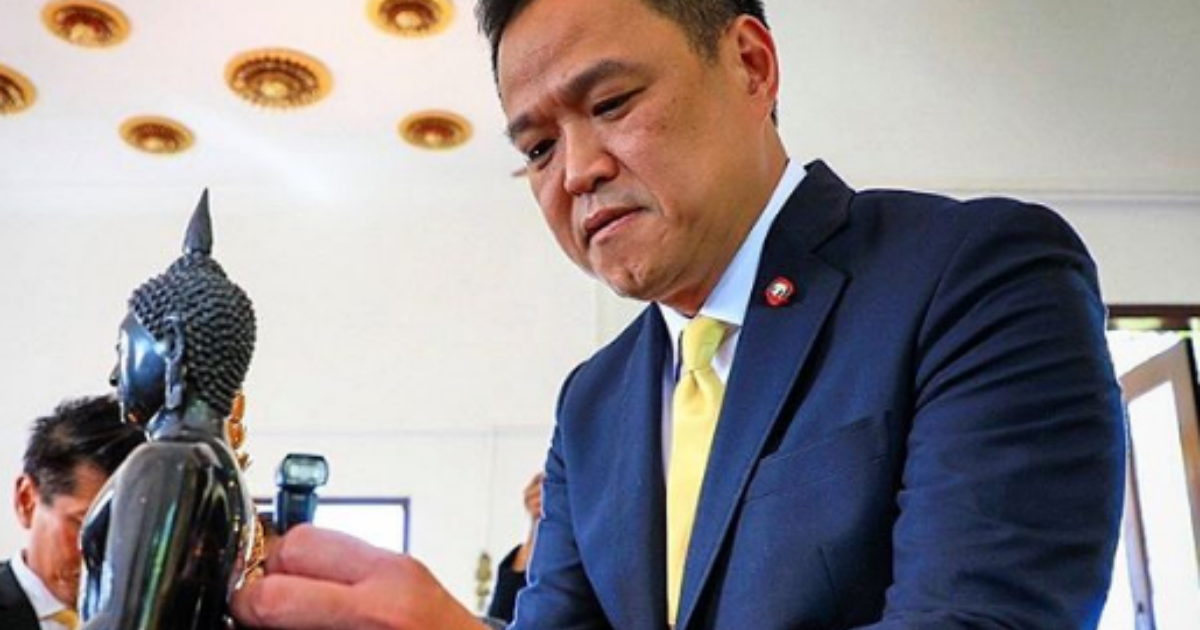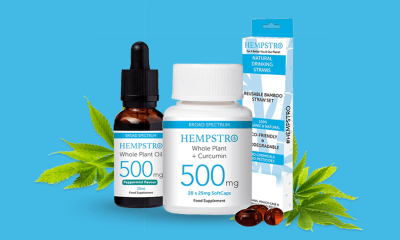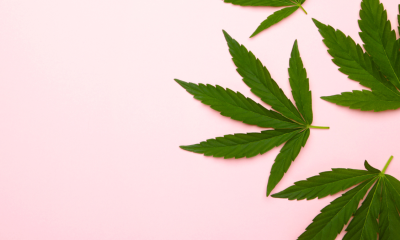BUSINESS
Thailand removes hemp from controlled substances list
Thailand has removed hemp from its list of controlled substances
The legislation change will boost the country’s economy, according to Public Health Minister Anutin Charnvirakul. Hemp extracts can now be used in food, cosmetics and medicines.
During the general election in March, the Public Health Minister campaigned for each household to be permitted to cultivate cannabis, in the hope of reducing medical costs.
Anutin Charnvirakul is also the Deputy Prime Minister of Thailand. In July he called for folk medical practitioners to be allowed licenses to prescribe medical cannabis.
Tares Krassanairawiwong, secretary-general of the Food and Drug Administration (FDA) said:
“So far, only hospitals and research facilities are allowed to apply for licenses to develop medical extracts from cannabis, but businesses see an opportunity”
More than 334 permits have already been issued to hospitals and health agencies, according to the FDA Thailand website.
The Office of the Narcotics Control Board (ONCB) define hemp as a Cannabis Sativa L plant that contains no more than 0.3 percent THC by its weight in seeds, or 0.5 percent THC by its flower and stem weight.
Products marketed as drugs or herbal products cannot contain more than 0.2 percent THC by product weight and only licensed producers can include this ingredient in their products.
However, ONCB secretary-general Niyom Termsrisuk has emphasised that despite the regulation change, residents are still not permitted to grow or possess hemp or marijuana plants.
He said:
“Marijuana and hemp are still class five narcotics, and their cultivation, import, export, sale, possession and/or consumption without permits are illegal.”
This change in legislation comes after the Thai FDA welcomed medical cannabis users to identify themselves during a three-month amnesty.
4,000 patients declared themselves and are said to have been given a cannabis-based medicine formula created by licensed doctors and traditional medical practitioners.
Main Source: Bangkok Post










